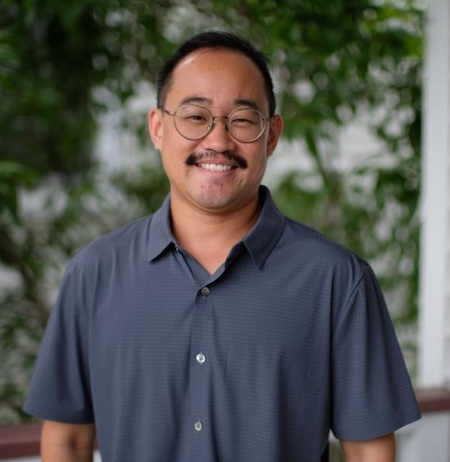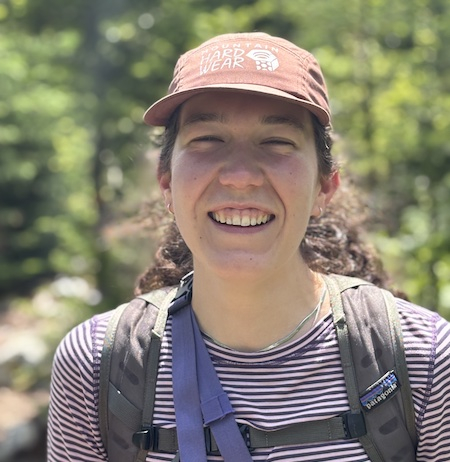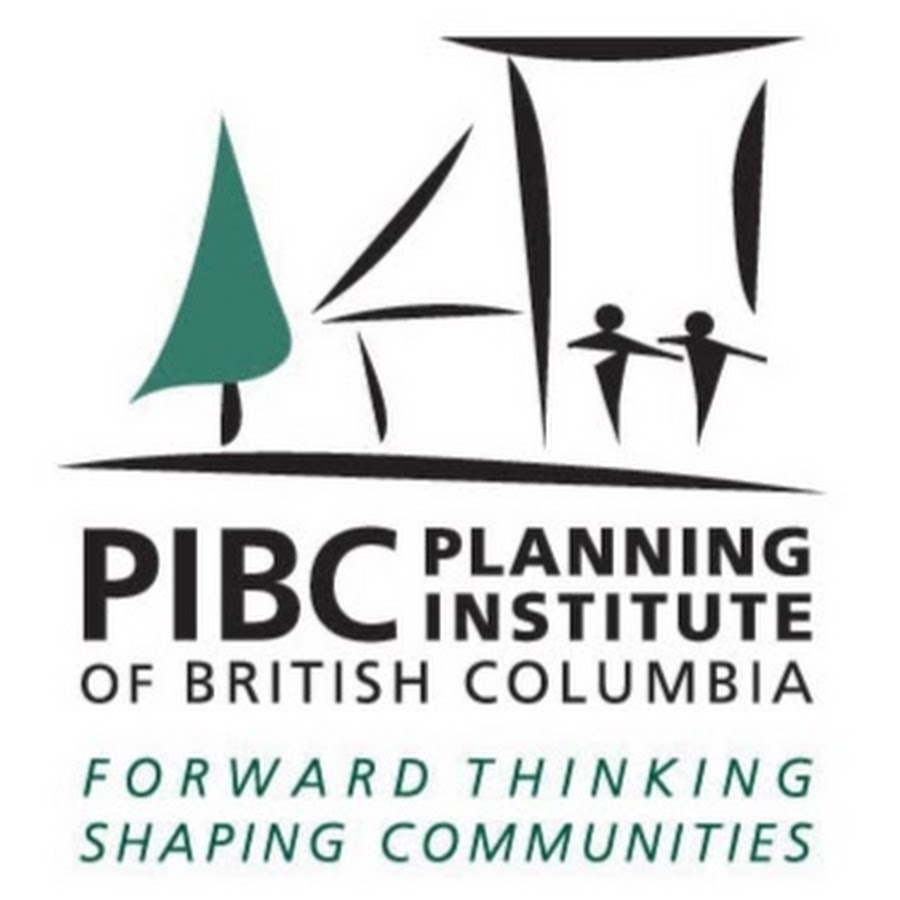Scroll down for current highlights on the range of work and interests of featured faculty and students at UBC SCARP. For more information about UBC SCARP, its planning program, students & faculty, visit www.scarp.ubc.ca

What makes you passionate about planning?
I love planning because it is a field that touches on so many things that are so fundamentally human – hope in the future and honouring the past, interpersonal relationships and relationships with place and the natural environment, storytelling, science, technology, and art… even spirituality. In a world that is increasingly disembodied and non-place-specific, planning is a field that emphasizes action for sustainability and social justice in and with particular communities. It is also a field that is quite self-reflexive, in that we have developed many ways of thinking about the nature of social transformation and its relationship with power and different kinds of sources of knowledge. Not every professional field does this! I think it makes planners better able to adapt and learn through action than many other professions!
Tell us about a project you are working on and why it excites you.
I am working on a project that combines climate science with art, spirituality, and youth development to work on planning for the risks of climate change in cities. It excites me to think creatively about the ways that problems are connected and how meeting the challenges of global climate change can be made more relevant and accessible to everyday people and across deep differences.
What do you think will be the most important challenge for planners in the future?
The most important challenge for planners will be to resist cultures of technological and market acceleration and to cultivate spaces where authentic, inclusive, and deliberative democracy can be practiced. As an educator, I worry about shortening attention spans and over-reliance on technologies such as generative AI that are antithetical to the conditions needed to build critical thinking, interpersonal skills, and practical, situated wisdom that are needed to identify problems and ways forward. Planners need to keep abreast of new technologies, but also be wary of when such technologies are resulting in substitution or loss of the capacities that define good planning practice.
What are you most excited about at your planning school?
I have only been at SCARP (UBC) for one year, and have been impressed by our passionate students. They are intellectually curious and driven by conviction to make a difference in the world – for social justice, Indigenous issues, and the environment/global climate change, for example. I also have such great colleagues here at SCARP, who are truly leading the field through community-engaged scholarship and teaching and creative ways of combining research methods and approaches.
Please tell us about a place or plan that has influenced you.
I spent four years living in China in my twenties. That experience deeply influenced how I think about the process of urbanization. Before the 2008 Summer Olympics in Beijing, I left the neighbourhood I was living in for a conference, and when I returned a week later, the traditional Hutong had been razed (not sure where the former residents were relocated…) the roads widened, and 25-foot street trees had been planted and landscaped. The speed and efficiency were mind-boggling. Yet, the same authoritarian political system that could accomplish city building at speeds unthinkable in North America were the same ones severely suppressing political dissent and committing human rights violations of ethnic minorities. To be in China at that time as a twenty-something Asian American was to experience a pervasive optimism in urbanization, the anonymity of the city, and the reinvention of self this environment enabled. But underneath the new development and the frenetic energy, there was also the crush of state power, and daily glimpses of inequality, precarity, and fear.

What makes you passionate about planning?
I am passionate about planning because of its complexity and scope of impact. Coming from an environmental science background, I have been taught to view the natural world as a deeply interconnected system, where every intervention in one area creates a ripple in another. Planning applies a very similar framing and has a very similar impact. Planning, at its core, in my opinion, is about applying interdisciplinary thinking to complex problems, where the built environment viewed under this lens is an ecosystem in its own right. This allows planners to holistically contextualize every approach or decision made to understand all the ripples. The complexity and truly holistic understanding of our communities that planning is based in is why I love this field. It demonstrates how tangible and deeply impactful planning can be when done right.
Tell us about a project you are working on and why it excites you.
Given that I am doing a course-based masters I don’t have many long-term projects on the go. However, the two that I am currently working on are exciting in similar ways, and exemplify the tangible impact of planning. To speak to these projects briefly; I am currently working with Vancouver Emergency Management Agency to create an assessment / educational resource on accessible communication for Emergency Management Agencies. This tool hopes to provide Emergency Managers the opportunity to explore accessibility measures that can be integrated into their communication material, and assist in the prioritization and actioning of these measures. The other project I am working on is our studio project in partnership with British Columbia Non-Profit Housing Association. This project hopes to identify the barriers to affordable housing development and retrofits at the municipal level, with the aim of creating a comprehensive and accessible resource that can be shared with municipalities and other non-profits.
The topics of these two projects are obviously both fascinating and it has been a true privilege having the opportunity to dive into them. The aspect of these projects which excite me most are that they are working to share existing knowledge/concepts by putting it in a form that is concise, approachable, and usable. For these two topics, at least from what I understand, what we need to do is known and well researched. However, there is a gap between where this knowledge lives, how it is presented and who actually has the ability to implement it. I hope that both of these projects can provide information in a way that makes these complex topics approachable, achievable and maybe even simple.
What do you think will be the most important challenge for planners in the future?
Given my background and values, I think the greatest challenges that we as planners will be facing in the future is climate change. Climate change has no boundaries, meaning every change to our natural world (no matter where it is) will be felt everywhere and in everything. Urban environments have a particularly profound connection as they are the epicentre of many climate destroying practices, while at the same time they have the potential to be the epicentre of a sustainable revolution. Planners are going to have to learn to both mitigate and adapt to the effects of this changing environment. The ripple effects of these alternations to our reality will require changes in how we approach everything.
What are you most excited about at your planning school?
The community and current generation of planners starting their careers. While this is not exclusive to SCARP, I am broadly excited about and hopeful for the current generation of planners-in-training. My cohort of planners are starting their careers at a particularly pivotal moment in planning history. It feels as though all of the challenges, short-cuts and injustices that planners (and other professionals) have created are finally bubbling their way to the surface, and we are somewhat on the brink of collapse. Having spent the last couple years learning with and getting to know my cohort of planners, I have all the confidence in the world that we are collectively capable of taking on the challenges of our uncertain future. While I do not mean to speak for all of us, I know many of us are done talking about the problems and want to act. This attitude and commitment among my peers inspires and excites me everyday.
Please tell us about a place or plan that has influenced you.
I have had the privilege of being able to experience a diversity of beautiful communities and places, and I have taken lessons from all these experiences which I think inform how I approach planning today. However, the most influential place for me is Toronto, where I grew up. While every city has its flaws, this city, with all its messiness, visual and cultural richness and warmth is one of the main reasons I went into the planning. I was lucky enough to see this city through the eyes of my urbanist parents, which created an additional layer of connection and influence. Specifically, it allowed me to understand the layered histories, the lives lived, and the care given to each building, site or space, while also understanding how profound a change to these spaces, both positive and negative, can be on the fabric of that community. While that is probably very basic (change = change) Toronto is the place I learned it, and I continue to feel it every time I go home. This understanding has allowed me to see planning as a means of caring for people and places in a way that honours these layered histories.




